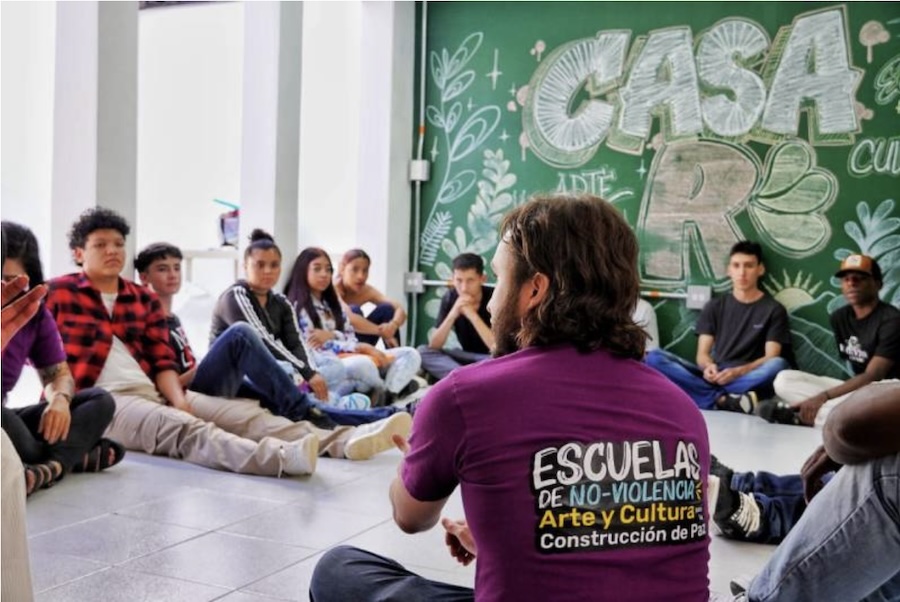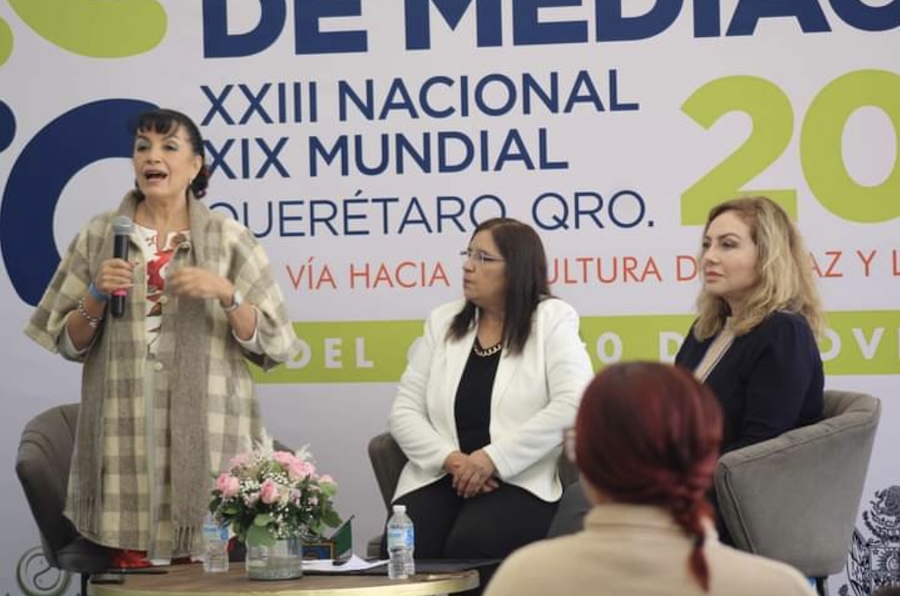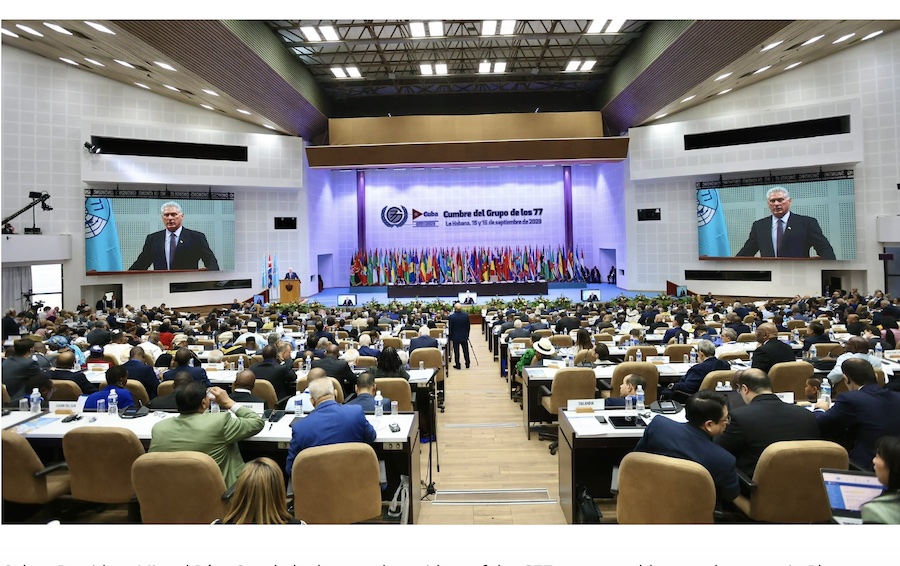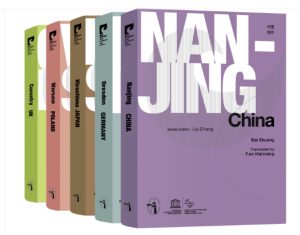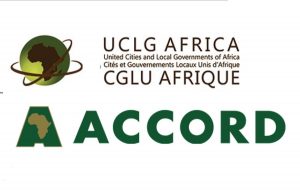. . DEMOCRATIC PARTICIPATION . .
An article from the Global Campaign for Peace Education
By the Latin American and the Caribbean Chapter of the Global Alliance for Ministries and Infrastructures for Peace
Fulfilling its objective of supporting the development of Ministries and Infrastructures for Peace in the world, the Latin American and the Caribbean Chapter of the Global Alliance for Ministries and Infrastructures for Peace (GAMIP LAC) delivered the Proposal for the feasibility of the creation of a Ministry of Peace in Colombia. Presented at the Congress of the Republic in a Public Hearing on Thursday, November 9th in the Luis Guillermo Velez Hall with the presence of all political parties, House of Representatives and Senators – as well as members of the Executive Branch of the Nation and delegations from civil society, the document is now published (At this moment, the publication is only available in Spanish). It is the first time in the international history of the construction of Ministries of Peace that a Non-Governmental Organization has taken this initiative.
Read the Feasibility Proposal (in Spanish)
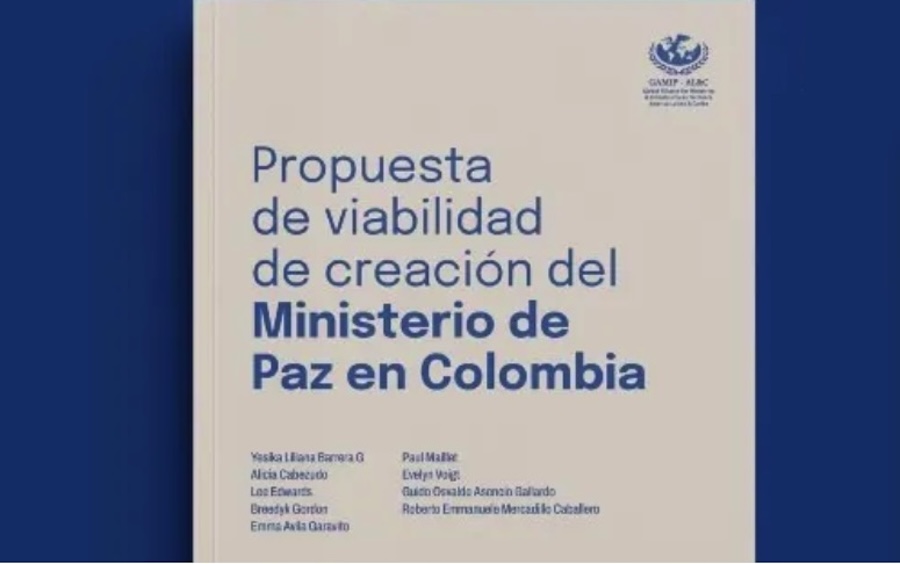
Executive Summary of the Feasibility Proposal for the Creation of a Ministry of Peace in Colombia
This analysis for a Ministry of Peace proposal in the Republic of Colombia is authored by a Colombian and international team of experts in the field of peacebuilding. The group respectfully presents to Congress the key lessons learned from a legislative study on the feasibility of establishing a Ministry of Peace (MPC) in Colombia, based on similar experiences in other countries. The aim is to support the vision of the Republic of Colombia in striving to build, consolidate, and maintain sustainable peace for future generations.
The methodology involved studying, analyzing, and outlining lessons learned potentially beneficial for the creation of a MINISTRY OF PEACE in Colombia, as stated in the FINAL REPORT OF THE TRUTH COMMISSION – CEV during its public presentation to the elected President of the Republic, Gustavo Petro, and the country on June 28, 2022. The team included a select group of Colombian and international advisory consultants, academics, and leaders from International Organizations with extensive knowledge, experience, and training in peacebuilding theory and conflict resolution implementation. They hail from Colombia, Mexico, Chile, Argentina, and Canada. Their areas of expertise include Education for Peace, Citizenship and Democracy; Political Science; Economics; Human Rights Practice; Defense; International Cooperation; Communications; Sociology; Constitutional Law; and Professionalism for Peace.
The resulting document is based on international research and focuses on Colombia’s declared needs to establish a Ministry of Peace, as well as the Recommendation cited from the Final Report of the Truth Commission – CEV. This proposal considered as fundamental elements of analysis and background:
The history of Ministries of Peace (MOPs) in the international community and supporting UN resolutions of which Colombia is a signatory (especially UN resolution 53/243 on the Action Program for a Culture of Peace).
The recommendations of the Truth Commission (June 2022), including the Colombian government’s political will to build Peace (particularly the enunciation of the concept of “Total Peace” by the current government); Colombia’s existing long-standing efforts towards peacebuilding and existing practices in this field that have demonstrated efficiency in their development and application in some territories.
The current research in the country on the sufficient and urgent conditions to achieve peace and advance an MPC, such as: the readiness and willingness of the majority of the parties involved in the armed conflict and widespread violence to seek peace as a priority; collective awareness of the need for healing, reconciliation, and addressing traumas and other social issues; the political will to invoke change and solutions with a reasonable chance of success for peaceful coexistence; and the intention for all involved parties to work together, with perspectives of progressing towards peace, reconciliation, and human security in all its aspects.
(Article continued in right column)
(Click here for the announcment in Spanish.)
How can we develop the institutional framework for a culture of peace?
What is happening in Colombia, Is peace possible?
(Article continued from left column)
Key Lessons Learned to Consider in the Planning and Implementation of the Following Proposal
Develop:
° Capacities and authorities with sufficient funding for leadership and sustainability to address national peace issues and act as an effective catalyst to amplify ministerial, departmental, municipal, and civil society initiatives;
° Sustainable capacities for future generations at national, state, and municipal levels;
° Capacities to drive and coordinate the consolidation of peace as an organizing principle of society;
° Coherent outcomes with the creation of a positive peace culture that fosters well-being and harmony, and capacities to constructively address conflicts or violence;
° Capacities to build and strengthen a national architecture of peace, peace education, and peace practices.
Pay due attention to:
° The sustainability of this proposal with sensitivity to UN resolutions and building a culture of peace;
° Avoiding the trap of a single-focus approach – Ministries of Peace (MdP) that have focused on specific conflict outcomes risk being marginalized or dissolved once the single-focus mandate is deemed achieved or primary goals reach manageable levels (e.g., the case of Nepal). Instead, a broad peace consolidation mandate should be built on sustainable foundations to address issues affecting peace, such as peace education, gender, racism, violence, crime, human rights, poverty, environmental concerns, and biases;
° Encouraging broad participation, inclusion, ownership, and accountability by strengthening and accommodating existing peace-related functions already assigned to other Colombian ministries and institutions, including at the departmental and municipal levels, as well as in civil society;
° Considering existing peace services, such as ministerial peace managers and Total Peace initiatives to establish peace promoters;
° Prioritizing and integrating peace education at all levels of Colombian educational curricula;
° Building an inclusive Colombian peace architecture involving citizen peace practices, community-level capacities, and peace professionals, as well as qualified peace professionals at all levels;
° Instituting strong monitoring, research, and advisory functions on peace at the highest levels of government;
° Prioritizing and addressing national needs for peace consolidation, considering existing Peace Agreements, the Havana Peace Agreement (November 2016), and the Truth Commission Report (June 2022), maintaining good governance, and addressing social needs such as human rights, violence prevention, gender equality, land-related issues, and environmental considerations;
° Building strong relationships with state security providers, police, and army. Developing with them principles, methods, and strategies of peace education, peace skills and practices, and a culture that prioritizes “peaceful means” of professional intervention.
Leveraging Existing Strategic Ministerial Tools, such as:
A National Peace Development Plan within the National Development Plan, to reinforce the commitment and responsibility of peace officers and peace committees at ministerial, departmental, and city levels, as well as peace development plans, peace tables or committees at ministerial, departmental, and city levels, and by civil society;
A National Peace Program, which includes (1) service provision and operations to address priorities in peace education, ethics, gender equality, reconciliation, health, environment, justice, racism, extremism, and human rights; (2) a framework for effective, inclusive, and participatory communication, support, and reporting: (a) to the President, Congress, and Ministries for advisory, oversight, research, and peace operations functions, as well as for education, outreach, and international and UN coordination; (b) to all Ministries through established peace officers, peace committees, and Ministerial Peace Development Plans to reinforce their individual contributions within the national strategic context; (c) to departments, communities, cities, NGOs, and citizens to support, establish, catalyze, and formalize peace networks in society, federal commissions, NGOs, peace groups, and universities.
Path Forward
We believe that the timing and conditions are extremely favorable for establishing a Ministry of Peace that can make a real difference for all Colombians. The political will of Congress and the President is commendable and sets an example for the international community that Colombia can be proud of.
We understand that the journey through Congress, up to the approval of a Ministry of Peace, its mandate, and eventual implementation, will be complex, a legislative and political learning experience with which we are willing to collaborate, support, and strengthen if considered necessary and useful for the process.
We request your review, opinions, and contributions to improve this report and proposal.
If you have any comments or proposals, please refer to comunicaciones@gamipalc.org

